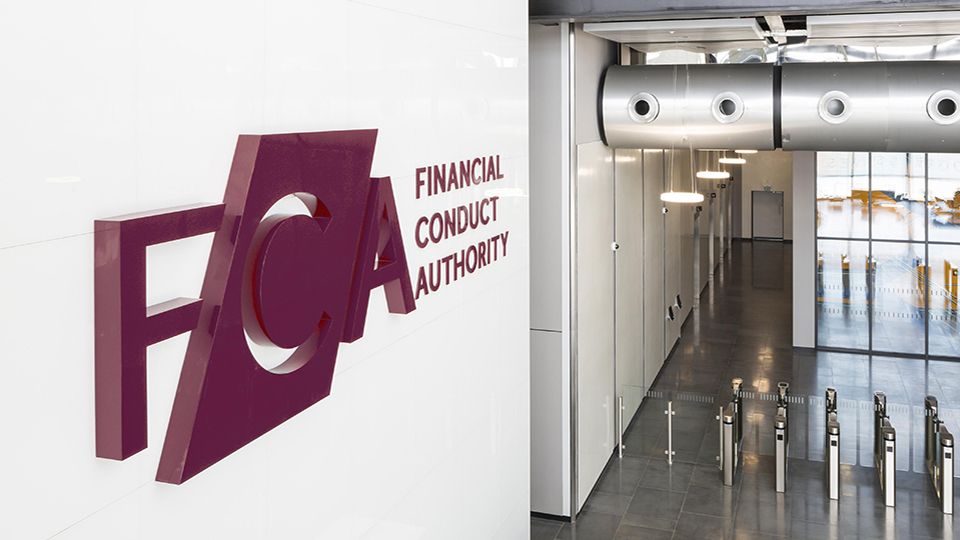The Financial Conduct Authority (FCA)’s Mark Manning has said the regulator will make its next announcement on the much-anticipated Sustainability Disclosure Requirements (SDR) and investment labels regime by the end of October after months of delays.
Addressing a UK Sustainable Investment and Finance Association event for Good Money Week yesterday, Manning, technical specialist, sustainable finance and stewardship at the FCA, said the regulator will release a narrow set of proposals for labels and disclosures and begin consulting by the end of the month. This was initially slated for Q2 of this year.
Manning said the proposals would include:
- Product labels for three levels of sustainability objectives, intended to help consumers find filter through the market
- Targeted consumer-facing disclosures to show a product’s sustainability objectives
- A second, more detailed, level of sustainability disclosures
- Entity-level disclosures around how providers manage sustainability risks and opportunities
- Provisions for ensuring product labels are used accurately and are visible on retail investment platforms
Behind schedule
The consultation paper on the proposed labels and disclosures follows a discussion paper that was published in November 2021, with the regulator originally due to consult on the plans in Q2 of this year.
In July, an FCA statement explained it was pushing things back to allow reflection on international policy: “We are now planning on consulting in the autumn, to allow us to take account of other international policy initiatives and ensure stakeholders have time to consider these issues.”
Once the regulator has consulted on the proposals for the regime it will publish a policy paper with the final version of the new rules.
Proposals
Commenting on what the proposals may look like, Manning said the idea of the labels was to “to help consumers navigate and distinguish between those products that meet a standard for sustainability and those that do not”.
The plans will state the labels should be underpinned by criteria for products that must be met before firms can use them.
Consumer-facing disclosures at the product level need to be “decision useful”, Manning said. To that end, as well as showing what the product is intending to achieve in terms of sustainability, they will show how it is going to do so and progress against the objective.
The concept of a tiered approach to product-level disclosures – which includes more detailed sustainability information the consumer can access if they want – received positive feedback following the FCA’s SDR and labelling discussion paper published in November 2021, according to Manning.
He explained the entity-level disclosures would build on existing Taskforce for Climate-related Financial Disclosures rules. The technical specialist also said the FCA expects this area to evolve as International Sustainability Standards Board delivers its own corporate reporting standards on climate and beyond.
Raising the bar
The FCA is “very concerned some firms may be making misleading or exaggerated claims that just don’t stand up to close scrutiny” in relation to sustainable products, Manning said. The regime will ultimately provide guardrails around an evolving area of the market while addressing this greenwashing and the damage that is causing to consumer trust, he commented.
Event attendees heard the FCA’s proposals in this area were purposefully capable of being mapped to the EU’s Sustainable Finance Disclosure Regulation and, in the US, the Security Exchange Commission’s recent proposals on disclosures, but also went beyond these in some areas with a view to “raising the bar”.
Measuring stewardship
Asked about how stewardship should be bult into the framework, Manning responded the investor’s contribution to a sustainable strategy through stewardship and engagement was important to consider and “capture” but hard to measure.
“Distinguishing doing stewardship from lip service stewardship is a critical part of this and we are trying to capture that in the qualifying criteria… for the regime,” he said.
“That’s certainly an area where more work will be required over time and where there will be a need to continually move on from those criteria because at this point we don’t yet have the most effective metric for stewardship that can be compared across products and across firms.”
He said the FCA would have to continue working on this with the industry and with the Financial Reporting Council and its Stewardship Code.
Value judgements
Manning made it clear the FCA would not be using the regime to make any “value judgements”.
“It is not for the regulator to say that a product can only be sustainable if it is doing X and if it’s investing in Y. That’s not the regulator’s role,” he said.
It was more about “ensuring there are no mismatched expectations”, he continued.
SRI Services director, Julia Dreblow, emphasised how subjective the area is and noted the example of how differently each person might view the trade-offs between environmental and social concerns.
She commented: “There are so many different opinions… which is why the only answer, at least for getting this started, is disclosure.
“Because you can’t legislate for what people think and feel and believe. If you’ve got an ill child or something you’re going to feel different from if you’re worrying about something that may happen a long way off in a different country.
“Clearly there are some things we’ve got to do. We’ve got to get to net zero, we’ve got to stop chopping down rainforests etc, but a lot of this stuff on the outside is very subjective.”








